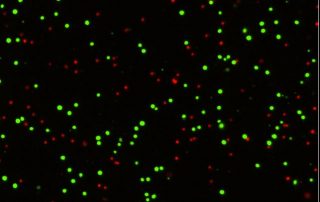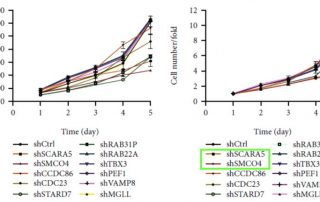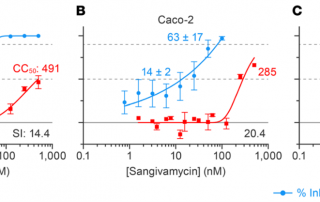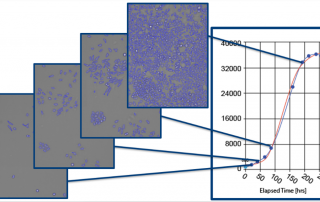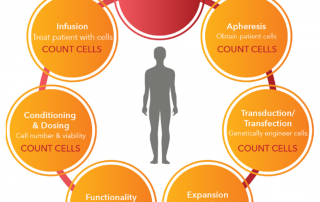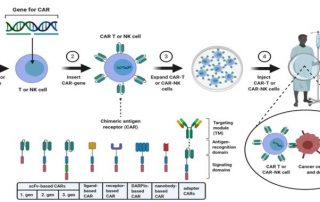Strategies for selecting accurate and precise cell viability detection methods for cell therapy development and manufacturing
Cellular therapy harnesses the unique properties of cells to restore, repair, or replace damaged tissues or organs in the body. There are various types of cellular therapies, including stem cell therapies, CAR T-cell therapies, and other immunotherapies, that hold great potential in the treatment and prevention of a wide variety of diseases. The International Organization for Standardization (ISO) has issued guidance on Critical Quality Attributes (CQAs) essential for assessing and approving cellular therapeutic products. These attributes are critical for ensuring the safety, efficacy, and quality of therapeutic products. One CQA that is integral to cellular therapy development is [...]

